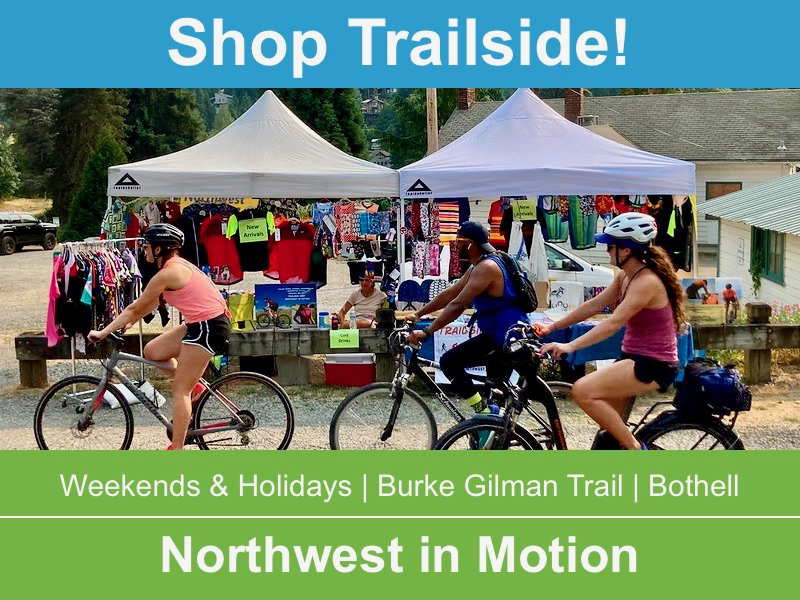1. The date
To give the appearance that your primary relationship is the most important thing in your life, you enthusiastically agree to spend the day with your beloved. The date might be visiting a museum, or shopping, or visiting a neighborhood festival, or whatever.
Although the day is spent off the bike, the advent of cell phone technology means that at least you can commiserate with cycling buddies and plan upcoming rides. Cell phone in hand, the cycling enthusiast multitasks between the object of love and the addiction to cycling.
The bifurcated conversation goes something like this:
To the significant other: “Yes, honey, that (table saw, set of towels, flower pot) is exactly what we are looking for!”
To the cycling buddy: “What time do you want to start the ride?”
2. There are no friends on powder days.
Although at first glance it would seem that cycling doesn’t lend itself to this sort of sentiment, it may be worse in cycling.
Most healthy, normal humans strive to develop their ability for compassion and empathy. Not the cycling enthusiast. Apparently, the mark of a true cycling addict is to abandon any sense of friendship or connection to the rest of the human race if the cycling is going particularly well.
The scenario goes something like:
You are having a great day on the bike, but your cycling buddy is in trouble and having an off day. Rather than slow down, chill out, and help your friend through the rest of the ride, you part company with words to the effect of “you’ll be ok, I’ll see you at the finish.” Knowing full well that things might not be ok.
At the end of the ride you learn that your friend had to be rushed to the hospital. If you are a true cycling addict, feelings of remorse or guilt are absent.
Instead of thinking about how you could have helped out, you think “he/she shouldn’t have been riding that day,” in a tone that says that their difficulty inconvenienced you.
Yes, truly pathetic.
3. “Let’s start at an easy pace.”
Many group rides begin with an agreement like this: “Let’s ride easy for the first 30 minutes.“
Within 10 minutes everyone in the paceline is gasping and each roller in the route becomes an opportunity to inflict pain on the others in the group.
After the ride, the amnesia wears off and someone remembers: “Didn’t we say we were going to start off easy?“
4. Closing the gap.
You see a rider up ahead and sense the gap closing. A synaptic trigger fires in the brain stem, and the chase is on. You have no conscious control over your legs and they pedal madly, as if controlled by an outside force, to bridge the gap.
Or, you are minding your own business, slowly pedaling, when all of a sudden, another rider or a group of riders whizzes past. That same fault in the brain stem fires and, outside of your conscious control, the chase is on.
Or, conversely, in a momentary display of friendship, you’ve slowed down to wait for some of your cycling friends you dropped several miles back. Soft pedaling, a rider or group of riders passes. A painful reaction causes you to take a deep breath as you resist the urge to chase…
5. Complete co-dependency has been achieved!
You’ll know the cycling co-dependency has completely matured when the non-cycling significant other asks questions like:
“Honey, do you have a big ride planned this weekend?“
Although she/he may be asking out of genuine interest in your passion…it could also indicate that she/he is scheming when to plan a meeting with the lawyer to discuss separation or divorce.
Addendum, 6:43 PM
Inspired by a sighting during a circuit of Mercer Island.
6. “Of course I’ll take care of the baby.”
While spinning around Mercer today, 4-5 riders in team kit passed at a high rate of speed going in the opposite direction. The last rider in the paceline was pulling a Burley trailer.
The mind instantly began to hypothesize about the payload in the Burley:
-Maybe the rider was local cycling legend Chris Ragsdale, or of similar caliber, and the payload was a stack of weights as a workout aid.
-The payload was the family pet, on the verge of death, stricken with liver/kidney disease and the cycling addict had promised to watch over the poor animal in its final moments.
-The payload was the baby, presumably surrounded by bubble wrap and wearing a toddler-sized cycling helmet.
